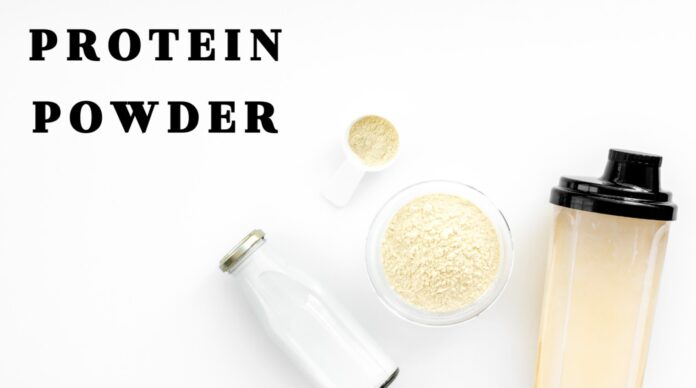Are you looking for a healthy and natural way to increase your protein intake? Protein supplements can provide an easy, low-fat solution to getting the nutrition and energy needed for your fitness goals.
But choosing the right option is key; there are so many types of protein supplements on the market today!
With this guide, we’ll dive into what makes some products healthier than others and help you make an educated decision when selecting a protein supplement.
What to look for in a low-fat protein supplement
When looking for a low-fat protein supplement, casein protein should be your first choice. This protein is naturally low in fat and helps nourish the body with complex carbohydrates and essential amino acids. It is slowly absorbed by the body, providing sustainable energy to fuel you throughout the day.
Furthermore, casein also boasts high levels of calcium, which is important for healthy bones as well as aiding in weight management. When buying casein protein supplements, make sure to go with a trusted brand that conducts quality control procedures to ensure freshness and top-notch ingredients.
How much protein do you need each day?
Protein is an essential macronutrient needed to keep your body functioning optimally, both physically and mentally. The amount of protein you need each day depends on your age, gender, size, and activity level.
On average, adults should aim for 0.8g per kilogram of body weight per day, while athletes or people with higher activity levels should strive to reach 1.2–1.7 grams per kilogram per day. Generally speaking, protein should make up 10–35% of your total daily calorie intake.
Make sure to consult with a nutritionist before drastically increasing your intake, as the benefits of eating too much protein are marginal at best and can have negative impacts on overall health in the long run.
The best time of day to take a protein supplement
Taking a protein supplement at the right time of day can help maximize its effectiveness and help you achieve your health goals.
Research shows that consuming a protein supplement shortly after exercise helps support muscle building, while consuming it before bedtime may help preserve muscle mass when eating late-night snacks is not possible.
Overall, the best time to take a protein supplement likely depends on individual goals. If you’re looking to build muscle, taking a supplement shortly after working out is likely the most advantageous approach.
Conversely, if you’re mostly interested in preserving muscle mass, it could be beneficial to take it before going to sleep. Ultimately, all that matters is that you’re getting enough protein each day, so use trial and error to find what works best for you!
What are the benefits of taking a low-fat protein supplement?
Taking a low-fat protein supplement can be beneficial to an individual’s health in a variety of ways. Low-fat protein supplements have been known to boost metabolism, help build muscle, and provide the nutrients required for healing and recovering from workouts.
Additionally, they can make it easier to get adequate nutrition while on a calorie-restricted diet.
Protein supplies essential amino acids needed to support several functions in the body, such as hormone production, enzyme function, and cellular repair.
Low-fat protein supplements can help fill any potential nutrient gaps that can arise from eating low-calorie foods or following certain diets. Ultimately, incorporating this type of supplement into one’s routine can lead to improved overall health and well-being.
How to choose the right flavor and brand of low-fat protein supplement for you
When it comes to selecting the right flavor and brand of low-fat protein supplement, it can be difficult to know which option is best for your needs. Before deciding, consider the various types of protein supplements available and their health benefits. Manufacturers offer several options derived from plant-based or whey proteins, as well as some mixed formulas combining both. While not everyone needs supplements, they can benefit athletes or those with certain dietary needs by providing a concentrated source of quality protein.
Once you have determined that supplements are necessary for your goals, evaluate the taste and digestion characteristics of different brands and flavors for maximum satisfaction. With thorough research, you can make an informed decision about the ideal type of low-fat protein supplement for you.
Now that you know a little more about low-fat protein supplements, it’s time to make your decision. Be sure to consider all of the factors we’ve discussed before making your purchase.
And don’t forget: always consult with your doctor or nutritionist before starting any new supplement regimen, especially if you have pre-existing health conditions.
With their help and guidance, you’ll be able to find the right low-fat protein supplement for you and your fitness goals.






